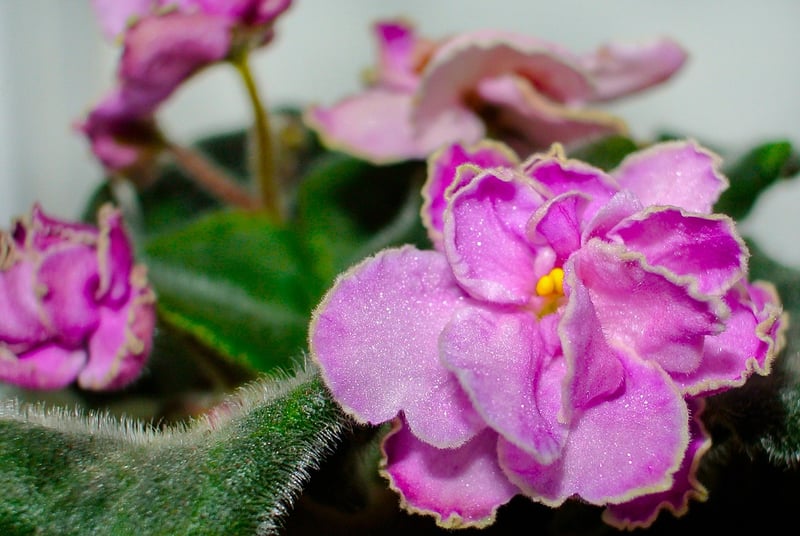Watering Techniques
Essential Plant Care Information + Watering Techniques
Introduction
Plants are a beautiful addition to any space, but they require proper care to thrive. Understanding how to care for your plants is essential for their health and longevity. In this article, we will explore some essential plant care information and watering techniques to help you become a successful plant parent.
1. Light Requirements
Plants have varying light requirements based on their species. Some plants thrive in bright, indirect light, while others prefer low light conditions. It's crucial to place your plants in an area that meets their specific light needs to ensure they photosynthesize effectively.
2. Watering Techniques
Proper watering is key to keeping your plants healthy. Overwatering can lead to root rot, while underwatering can cause wilting. Here are some watering techniques to help you strike the right balance:
a. The Soak and Dry Method
This method involves thoroughly watering your plant until water drains out of the bottom of the pot. Allow the soil to dry out completely before watering again. This technique works well for many houseplants.
b. Bottom Watering
For plants that are sensitive to excess moisture on their leaves, bottom watering is a great option. Place your plant in a saucer of water and allow it to absorb water from the bottom up. This helps prevent issues like fungal growth on leaves.
c. Checking Soil Moisture
Before watering your plants, always check the moisture level of the soil. Stick your finger into the soil up to an inch deep. If it feels dry, it's time to water. If it's still moist, wait a few more days before watering again.
3. Humidity
Some plants, especially tropical varieties, thrive in high humidity environments. You can increase humidity around your plants by misting them regularly, placing a humidifier nearby, or grouping plants together to create a microclimate.
4. Fertilizing
Plants need nutrients to grow, and fertilizing is essential to provide them with the necessary nutrients. Choose a balanced fertilizer and follow the instructions on the label for the best results. Avoid overfertilizing, as this can harm your plants.
Conclusion
By understanding essential plant care information and mastering watering techniques, you can create a thriving indoor garden. Remember to tailor your care routine to the specific needs of each plant and observe them regularly for signs of health or stress. With proper care, your plants will reward you with lush foliage and vibrant blooms.

Image Source: Pixabay
